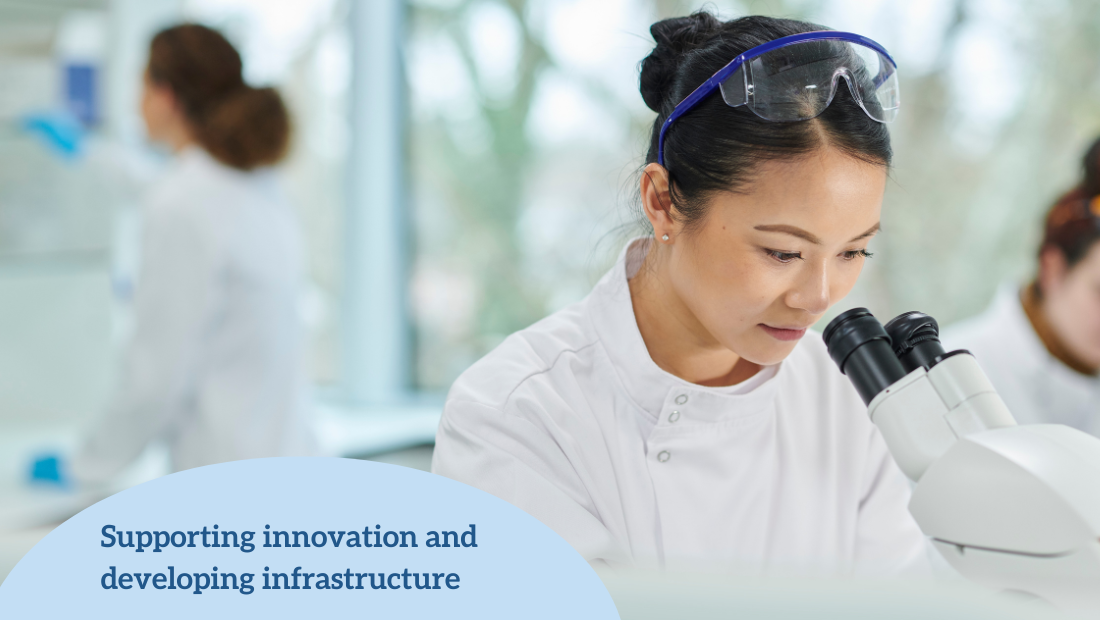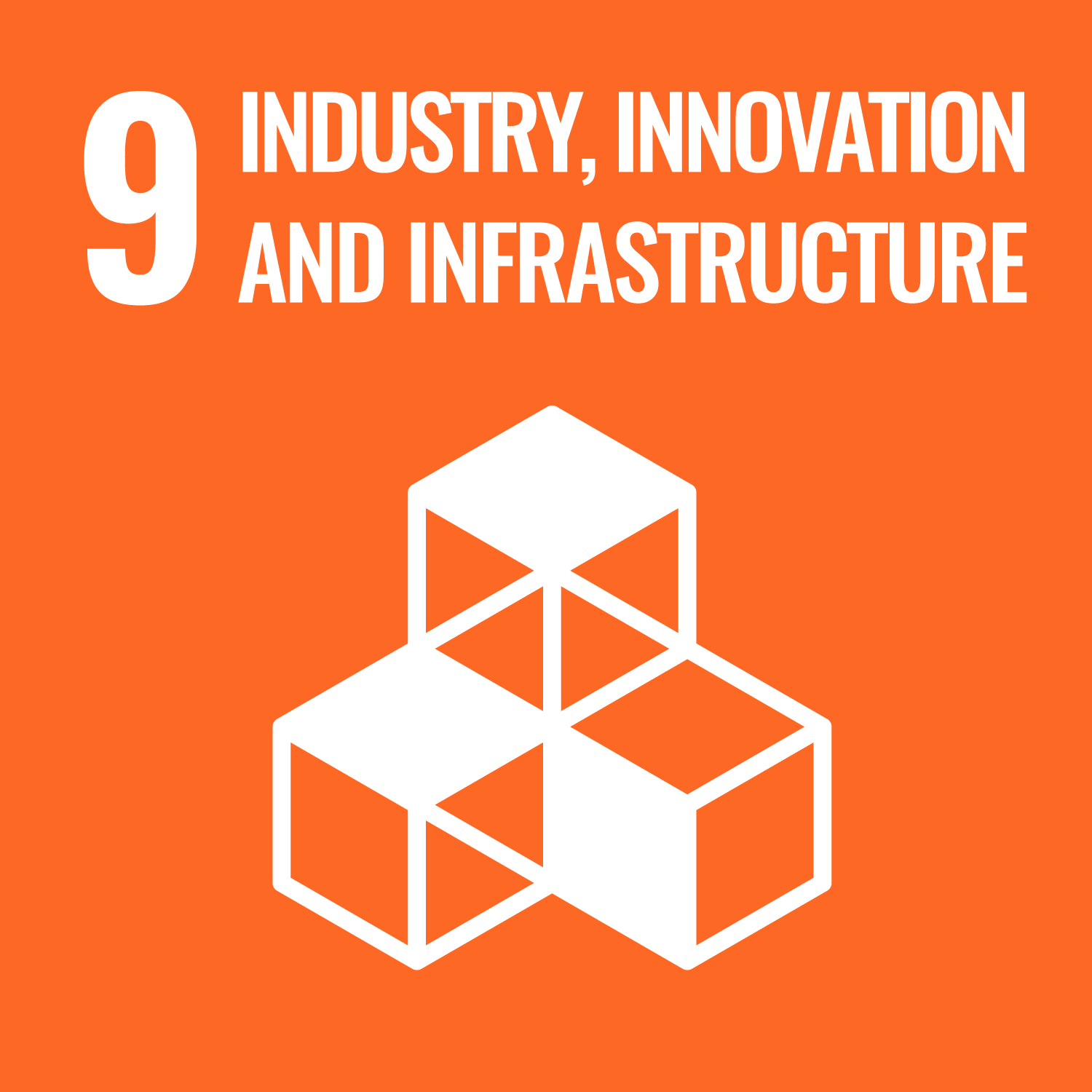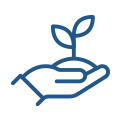Supporting innovation and developing infrastructure

Challenges
The development of medicines and medical devices is an industry that requires modern technology and high education and training and is therefore traditionally based in more developed countries. In addition to the pharmaceutical industry, high-quality scientific research is promoted in wellbeing services counties, for example in university hospitals and universities. Resources and infrastructure supporting research are needed for these operations. As a country with a small population base and thus a small market area, Finland should have an active role in the European medicines authority network in order to safeguard the availability of medicines and medical products.
Supporting innovations aimed at the research, manufacture and use of medicines and medical devices is also important for economic and environmental sustainability. For example, under the Paediatric Regulation (EC 1901/2006, pdf), all new medicines entering the European market must have a paediatric development programme agreed with the European Medicines Agency (EMA), unless there are reasonable grounds for not doing so. In addition, in line with the OECD goal, animal testing needed in the development of medicines should be reduced and alternative testing and research methods should be promoted. Efforts have been made to develop alternative models for animal testing in cooperation with medicine development stakeholders.
All clinical trials on medicinal products and medical devices conducted in Finland are subject to a preliminary scientific and ethical review. This also enables Finns access to the latest research treatments. In order for the research on and safe and rational use of medicines to succeed as planned, uniform data resources are also needed, from which various parties and citizens can reliably and quickly retrieve information on medicines and their use.
Fimea’s role and goals

9.1. Develop high-quality, reliable and sustainable infrastructure, such as regional and cross-border infrastructure, to support economic development and people’s well-being by investing in affordable and equal access for all.
Ensuring and developing a high-quality and safe pharmaceutical sector plays a central role in Fimea’s operations. Fimea’s goals from the perspective of infrastructure include:

- developing pharmaceutical sector infrastructure (information systems, service system, pharmacy system) with supporting studies, surveys and development projects, both independently and with stakeholders
- carrying out research, analysis and development work related to the pharmacy economy and the development of the distribution of medicines
- developing the pharmaceutical sector, e.g. through the drafting of legislation and informational guidance
- acting as a representative in the pharmacy division and funding division of the Ministry of Social Affairs and Health and guide pharmacotherapy.
How the achievement of the goals is assessed
Fimea promotes the aforementioned objectives by participating diversely in projects developing the pharmaceutical sector. The following are examples of Fimea’s recent development projects:
- The medicinal data repository project led by Fimea, the purpose of which is to compile fragmented information on medicinal products into a single data repository so that information related to medicinal products can be better utilised.
- The national list of medicines is being developed by Fimea, Kela and THL. The national list of medicines would enable different parties, such as doctors and pharmaceutical staff at pharmacies, to see the customer’s up-to-date and previous medications more clearly than at present. This would promote the client’s medication safety and service quality.
- The UNICOM project aims for a Europe of integrated health processes where:
- the correct medicine can be delivered to the patient immediately throughout Europe, regardless of the European country in which the prescription is issue
- every health care professional understands the medical records regarding the medicines regardless of their origin
- the clinical data collected can be used to identify even small patient groups for which the medicine may cause adverse reactions.
- The benefits of the project include better and more efficient pharmacovigilance and faster availability of medicines data.
- Fimea has produced an operating model report on knowledge management in rational pharmacotherapy and pharmaceutical services. If implemented, the operating model would enable a knowledge-based and more efficient way of monitoring, assessing, guiding and supervising pharmacotherapies and their impacts in Finland.
In addition, to improve efficiency and customer satisfaction, the development of Fimea’s own e-services began in 2022. These include projects related to the monitoring register for medicinal products, the transfer of IT services, the reform of the register of adverse reactions, the further development of the marketing authorisation register and the electronic transactions and register of shortage notifications.
Fimea’s role and goals

9.5 Increase scientific research, update technological capabilities of industries in all countries, especially in developing countries, for example by encouraging innovation and significantly increasing the number of R&D staff per million inhabitants and public and private funding for R&D by 2030.
Fimea’s goal is to increase scientific research in the pharmaceutical sector, provide advice and support for operators in their development projects and encourage innovation. Fimea’s goals from the perspective of innovation include:

- seek responsible roles in the evaluation of marketing authorisation applications for medicines and clinical trial applications. This way, Fimea as an organisation will be able to obtain and maintain expertise, utilise the latest information and maintain dialogue with pharmaceutical sector operators.
- contribute to the preconditions for innovation activities in the pharmaceutical sector and to obtaining foreign research investments in Finnish infrastructure. Fimea is a member of the EU Innovation Network cooperation group. Together with the European Commission, the European Medicines Agency (EMA) and other EU authorities, Fimea is part of making European Union an attractive and competitive area for research (ACT EU project).
- provide scientific advice to pharmacists and organise medication counselling clinics.
- provide guidance, training and support in official processes for sponsors of clinical trials on medicinal products and medical devices, including non-commercial research groups.
- contribute to the development of paediatric medicines in accordance with the Regulation on Medicinal Products for Paediatric Use, for example by providing scientific advice in the Paediatric Committee and the Vaccines Working Group of the European Medicines Agency and by evaluating paediatric trials starting in Finland.
- support business operations, for example by guiding pharmaceutical manufacturing and distribution, the bio sector and medicinal products (designation and supervision of notified bodies and advice related to the pharmaceutical manufacturing facilities of new pharmaceutical plants and hospital pharmacies).
How the achievement of the goals is assessed
Fimea has promoted the achievement of the goal by, for example, the following measures:
- The number of assessments carried out by Fimea as the responsible rapporteur or co-rapporteur country in the centralised authorisation procedure coordinated by EMA has reached a permanently high level.
| Marketing authorisation transactions Sort the table ascending by the column | 2020 Sort the table ascending by the column | 2021 Sort the table ascending by the column | 2022 Sort the table ascending by the column |
|---|---|---|---|
| Centralised procedure reporting tasks | 785 | 841 | 920 |
| Centralised procedure parallel reporting tasks | 1323 | 875 | 960 |
- In 2022, the evaluation of clinical trials began to apply the new EU Regulation 536/2014, which aims to increase the EU’s competitiveness as an area for clinical trials, harmonise practices in different member states and streamline the authorisation procedure. The joint safety assessment under the same regulation was initiated with the support of the Safe-CT programme under the EU4Health project. In 2022, Fimea:
- started as a reporting member state (RMS) in four multinational research applications
- started ten pharmaceutical substance safety rapporteurships
- within a transitional period, assessed reports of clinical trials in accordance with directive legislation. In 2021, 24 of these studies were conducted on children.
| Distribution of research products into ATC main categories in accordance with indicator 3.4.1., percentage Sort the table ascending by the column | 2018 Sort the table ascending by the column | 2019 Sort the table ascending by the column | 2020 Sort the table ascending by the column | 2021 Sort the table ascending by the column | 2022 Sort the table ascending by the column |
|---|---|---|---|---|---|
| C Cardiovascular diseases | 4,3 | 5,2 | 2,8 | 4,5 | 5 |
| L Antineoplastic and immunomodulating agents | 45,1 | 49,1 | 48,2 | 47,7 | 46,6 |
| A Gastrointestinal and metabolic disorders | 5,5 | 3,4 | 3,2 | 8,2 | 4,3 |
| R Respiratory diseases | 2,7 | 1,3 | 4,6 | 4,5 | 1,2 |
- Fimea has participated in the preparation of the implementation preconditions and guidelines of decentralised clinical trials (DCT).
- In 2022, Fimea provided scientific advice to pharmaceutical sector stakeholders and organised medication counselling clinics.
| Type of advice Sort the table ascending by the column | 2013 Sort the table ascending by the column | 2014 Sort the table ascending by the column | 2015 Sort the table ascending by the column | 2016 Sort the table ascending by the column | 2017 Sort the table ascending by the column | 2018 Sort the table ascending by the column | 2019 Sort the table ascending by the column | 2020 Sort the table ascending by the column | 2021 Sort the table ascending by the column | 2022 Sort the table ascending by the column |
|---|---|---|---|---|---|---|---|---|---|---|
| EMA/SAWP advice | 23 | 17 | 29 | 37 | 62 | 67 | 78 | 96 | 126 | 103 |
| National scientific advice (human medicines) | 13 | 14 | 12 | 18 | 15 | 10 | 13 | 11 | 8 | 8 |
| Medication counselling clinic (human medicines) | 6 | 7 | 7 | 5 | 7 | 9 | 8 | 8 | 0 | 0 |
| National scientific advice (veterinary medicines) | 2 | - | - | - | 0 | 0 | 0 | 0 | 0 | 1 |
| Medication counselling clinic (veterinary medicines) | - | - | - | - | 3 | 2 | 1 | 1 | 1 | 0 |
- In 2022, Fimea concluded two projects supporting innovations and scientific research in the pharmaceutical sector
- In the implementation of the EU Clinical Trials Regulation, Fimea prepared nationally to apply the new regulation in cooperation with the Ministry of Social Affairs and Health and the National Committee on Medical Research Ethics (Tukija). The project also carried out a national trial period, where operators in the sector were able to practice the application evaluation procedure under the new regulation. According to the feedback received, the operators that participated in the pilot considered that they were reasonably able to support the preparation of their organisation for the application of the EU Regulation and gained useful experience in future practices and schedules of the evaluation process.
- The aim of the CSA STARS project was to improve the competence and knowledge of academic researchers on pharmaceutical regulations and their practical application, and to enhance the efficiency of official services related to pharmaceutical development, such as scientific advice. In addition to Finland, the project involved pharmaceutical authorities from 17 EU countries and the European Medicines Agency EMA. Through surveys addressed to researchers, research institutes, sponsors and pharmaceutical authorities, the project explored how effective and comprehensive the existing forms of official support for European pharmaceutical researchers are and how much they are utilised. In addition, an effort was made to identify possible shortcomings and obstacles to the use of support services and to develop new training materials and curricula for the use of universities. The project also piloted the transfer of best practices between member states, the usability of curricula and new forms of support. The project website contains various concrete tools developed for higher education institutions and academic pharmaceutical developers.
- In 2022, a new international guideline on investigating the carcinogenicity of medicinal products was published. The guideline makes it possible to replace the two-year rodent test used to examine the carcinogenicity of medicinal products with evidence collected from other sources, such as literature. The new guideline makes it possible to reduce the number of animals used in the development of medicines. The Finnish expert participated in the preparation of the guideline.
- Fimea organises discussion events for pharmaceutical operators in different forums and supports them in their various development processes.
- organised 3 webinars or webcasts with recordings
- organised 4 virtual and 1 hybrid discussion session
- coordinated 11 network events
- participated in 4 theme days
- regularly sent 9 different newsletters (50 pieces in total).